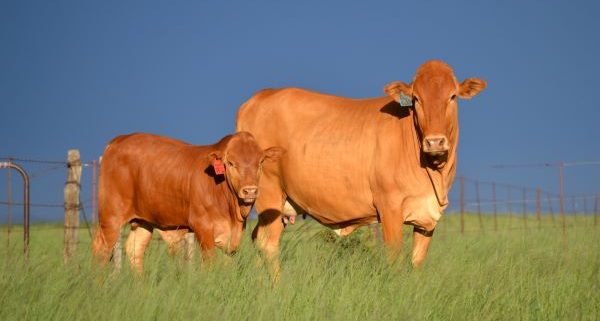Continuity is key to herd health – African Farming
Animal disease outbreaks can have a devastating effect on a livestock farming business. Continuity in animal management and herd health programmes during transition from one generation to the next is vital to ensure that animals are protected and outbreaks are prevented.
Succession in a successful farming operation needs to retain the winning elements of the previous generation while making the necessary changes to keep up with innovations in the sector and stay profitable, says African Farming presenter Tony Ndoro. He asked Dr Baty Dungu of Afrivet how continuity contributes to effective herd health management.
“One must realise that animal health is an investment and, like all investments, it needs a good plan in place,” says Dr Dungu.
The flocks and herds of livestock farmers are the primary assets of livestock farming businesses and decent area-appropriate animal health programmes are an insurance policy against asset loss. “Livestock contributes to improved productivity, and consistent animal health programmes safeguard healthy animals in productive herds,” he adds.
A good herd health programme should include vaccinating against a host of diseases, including those that have been mandated by the state. Poor compliance with state-mandated regulations like the vaccination of heifers between four and eight months against brucellosis (contagious abortion) is ill-advised and puts cattle farmers everywhere at risk.
Successful animal health programmes are aimed at preventing disease outbreaks that have the potential to destroy farm businesses. The saying “If it ain’t broke, don’t fix it” could be applied to an effective animal health programme: to maintain continuity and consistency, these programmes should stay in place even when a business changes hands.
Vaccination programmes usually would have been worked out with the farm vet and there must be good reasons to change them. “I would advise farmers to continue the programmes that have been established with the vets who have worked with them.”
For more information, visit www.afrivet.co.za




Leave a Reply
Want to join the discussion?Feel free to contribute!